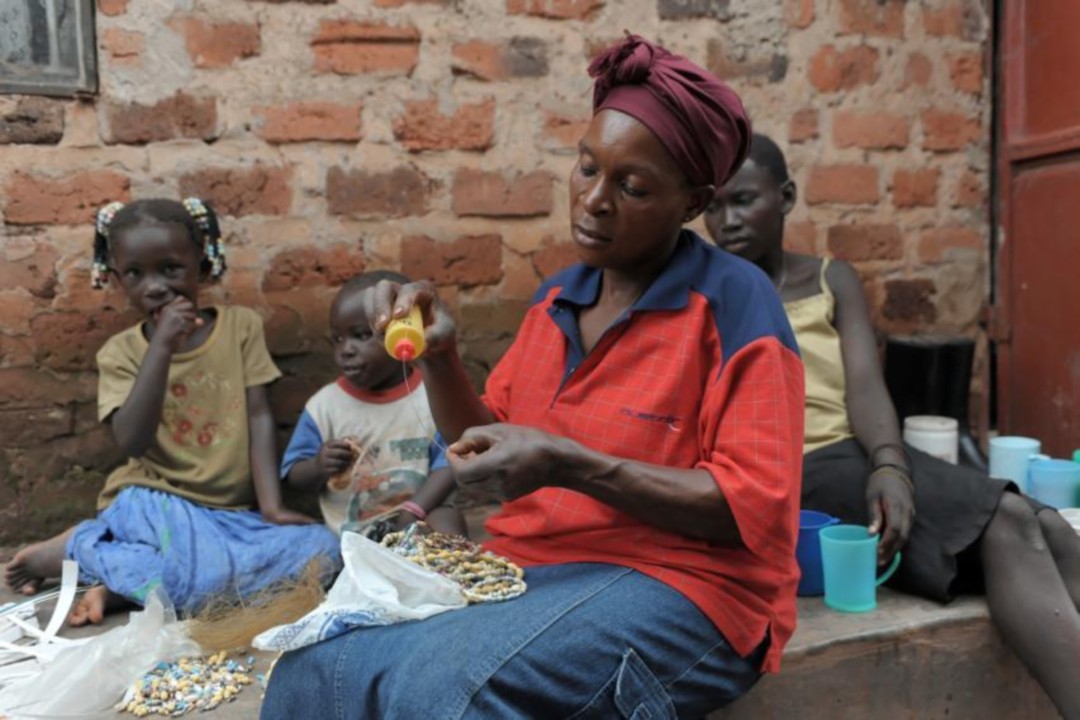Making families self-sufficient
The FXB Village project in Kamegeri, South West Rwanda, aimed to enable 79 families (509 people) affected by AIDS and poverty to achieve sustainable economic and social self-sufficiency. The project included the provision of nutritional support, access to water, medical and psychological support, together with a schooling program and vocational training. It also aimed to reintegrate orphans and vulnerable children infected with and/or affected by HIV/AIDS into their communities.
During the project, 79 families were trained in the management of basic economic activities. An initial capital was provided and enabled them to develop income-generating activities. All families were able to increase their average monthly income (from $210 to $444) and 72 families were able to save money on a regular basis. 90% of children (aged 5-17) were enrolled in school and achieved results above the national average. Seven youths received vocational training and are now employed. Most families now own their homes and have reduced domestic spending by creating kitchen gardens, which in parallel improved their nutritional health. 90% of families built toilets and showers as well as improved cooking stoves.
The Swiss association François-Xavier Bagnoud (FXB International) was founded in 1989. Its mission is to fight poverty and AIDS by helping orphans and vulnerable children affected HIV/AIDS, and by strengthening the social and economic capacities of their families and communities. FXB International is active in Burundi, China, Colombia, India, Uganda, DRC, Rwanda, and Thailand.
Type
Health / Education / Community Development / EnvironmentDuration
January 2012 - December 2014Location
Kamegeri / RwandaWith whom
FXB International (Association François-Xavier Bagnoud)
Website

Rwanda
Population
12.2 million (2017)
Per Capita Income
USD 720/year (2017)
Poverty rate *
39% ( 2014)
Literacy rate
68%(2016)
Human Development Index
158th out of 189 countries (2018)
Rwanda has achieved impressive development progress, since the 1994 genocide and civil war. The percentage of people living under the poverty line has dropped from 57% in 2006 to reach 39% in 2014. There has been a two thirds drop in child mortality and near-universal primary school enrolment has been achieved. However, the HIV/AIDS epidemic still dominates Rwanda’s health profile, despite a decline in prevalence of diseases such as tetanus and malaria. Although rates of chronic malnutrition among children under five have improved and are down from 43% in 2012 to 37%, they remain high. Households headed by women or orphans make up 36% of the population.
Sources: World Food Program, UNICEF, World Bank, 2016 Human Development Report, Human Development Indices and Indicators (2018 Statistical Update)
*The percentage of the population living below the national poverty line.